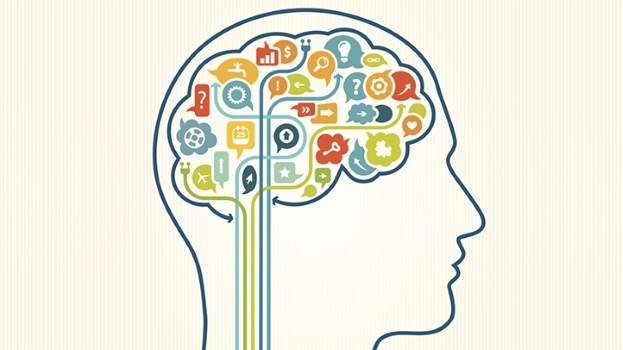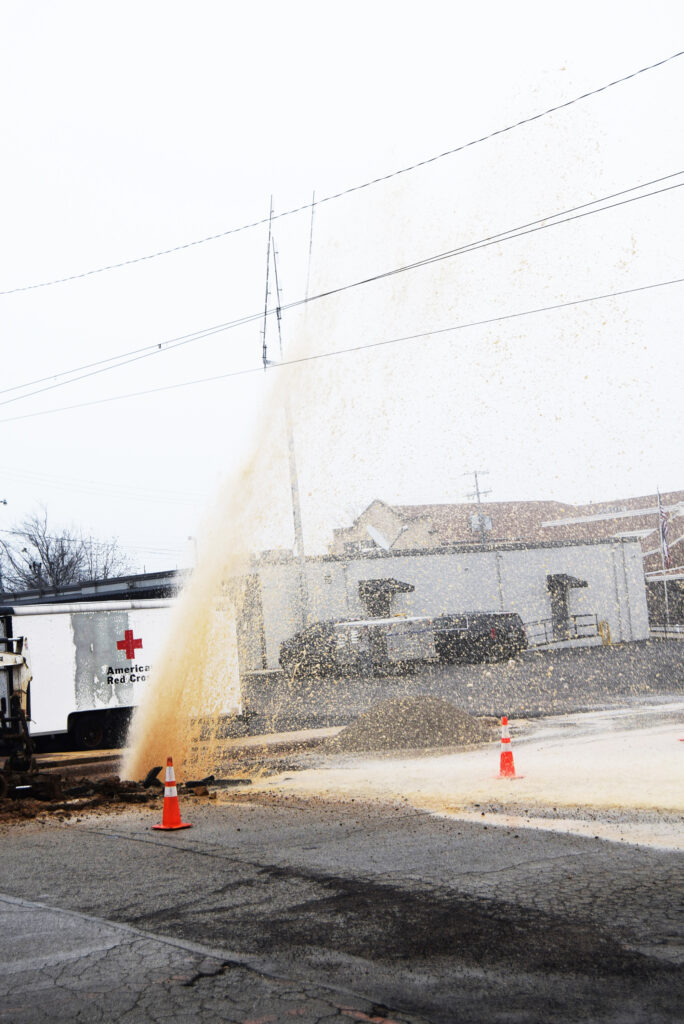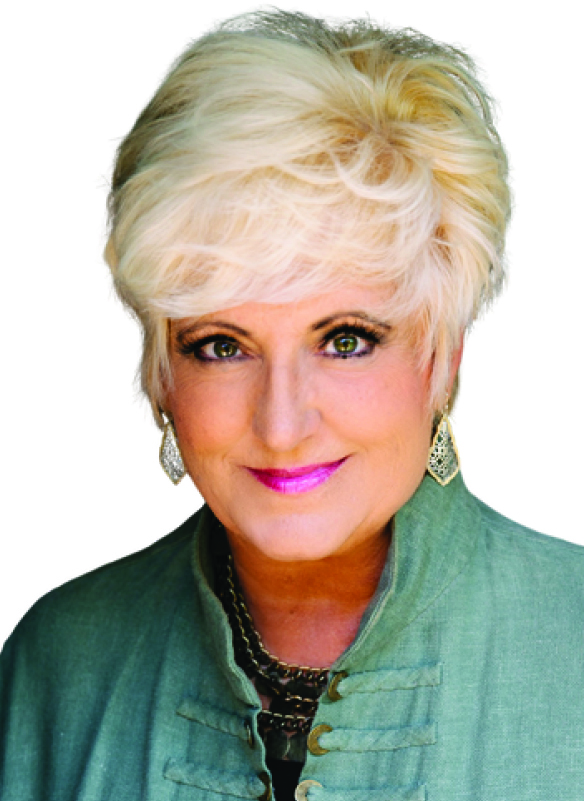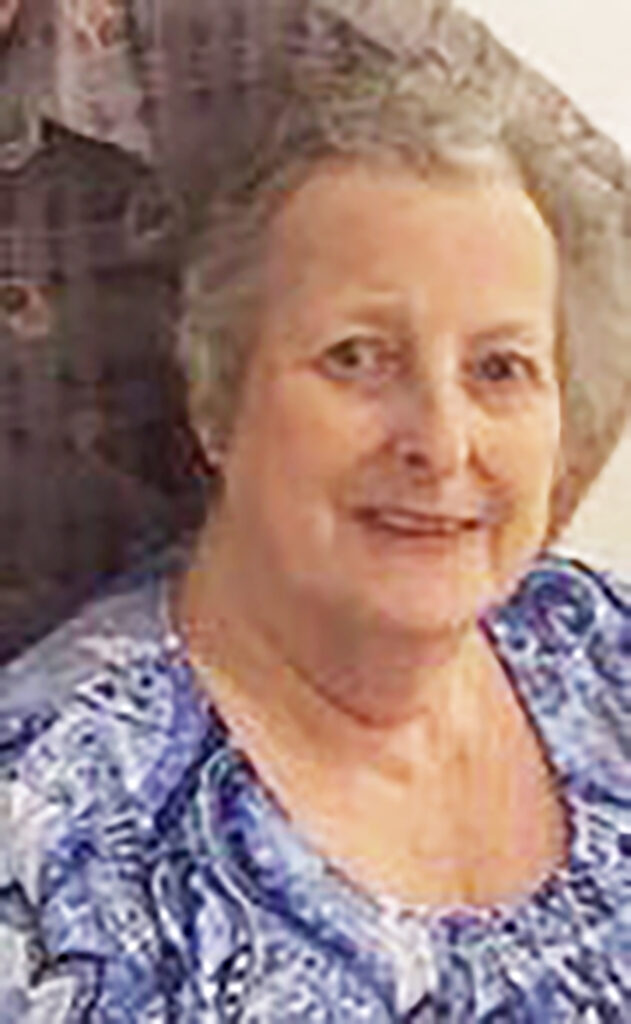HOME
10 Brain Exercises That Boost Memory

By Linda Melone
Keep your brain as healthy and fit as your body with these simple tips.
Getty Images
Learning new things is one of the best ways to improve brain health.
Don’t Miss This
Pet Power of Attorney: Make Plans for Rover Before You’re Covered in Clover
Best Exercises for Seniors
Sign Up for Our Healthy Living Newsletter
We respect your privacy.
Key Takeaways
Even writing and memorizing to-do notes can protect your brain from age-related damage.
Taking up a new hobby that engages all your senses can keep your brain active and healthy.
A healthy diet and regular exercise are also important for brain health.
We don’t just lose muscle over time — our brains can atrophy, too. More specifically, your brain’s cognitive reserve — its ability to withstand neurological damage due to aging and other factors without showing visible signs of slowing or memory loss — diminishes through the years. That can make it more difficult to perform mental tasks. But just as weight workouts add lean muscle to your body and help you retain more muscle in your later years, researchers now believe that following a brain-healthy lifestyle and performing regular, targeted brain exercises can also increase your brain’s cognitive reserve.
The Healthy Brain: A Multifaceted Approach
In one of the most detailed studies on the connection between lifestyle and dementia risk to date, researchers found that people who participate in multiple healthy behaviors significantly reduce their risk for dementia. The 2013 study, published in PLOS ONE, looked at 2,235 men for 30 years and measured their participation in five healthy lifestyle behaviors: non-smoking, optimal BMI, high fruit and vegetable intake, regular physical activity, and low to moderate alcohol intake. The study participants who followed four or all five of the behaviors were about 60 percent less likely to develop cognitive impairment and dementia.
“Approaches to brain health include a well-balanced diet low in fat, low in cholesterol, and high in antioxidants,” says Robert Bender, MD, medical director of the Johnny Orr Memory Center and Healthy Aging Institute in Des Moines, Iowa.
In addition to good nutrition, regular exercise can promote vascular health to help protect brain tissue. Avoiding ruts and boredom is also critical. “The brain wants to learn new things,” says Dr. Bender, noting that some researchers believe that people are more vulnerable to dementia when they pay less attention to the things around them. “When the brain is passive, it has a tendency to atrophy,” he adds. For this reason, sedentary and relatively passive activities, such as sitting in front of a TV for hours a day, can be detrimental to brain health over time.
10 Real-World Brain Exercises That Work
On top of a healthy diet and regular exercise, there are ways to give your brain its own workout routine — without emptying your wallet. Although brain training software is everywhere these days, it has yet to show any significant neurological benefits for older adults. In a 2014 review published in PLOS Medicine, Australian researchers looked at 52 different studies on computerized cognitive training on a total 4,885 participants and found that the games are not particularly effective in improving brain performance.
Experts recommend sticking to brain training that involves real-world activities. Exercises to strengthen brain function should offer novelty and challenge. “Almost any silly suggestion can work,” says David Eagleman, PhD, neuroscientist and assistant professor at Baylor College of Medicine in Houston, Texas. “Drive home via a different route; brush your teeth with your opposite hand. The brain works through associations [which is why it’s easier to memorize lyrics to a song than it is to try and remember the same words without music], so the more senses you involve the better.”
Your morning newspaper is a great place to start. “Simple games like Sudoku and word games are good, as well as comic strips where you find things that are different from one picture to the next,” says John E. Morley, MD, director of St. Louis University’s Division of Geriatric Medicine and author of The Science of Staying Young. In addition to word games, Dr. Morley recommends the following exercises to sharpen your mental skills:
Test your recall. Make a list — of grocery items, things to do, or anything else that comes to mind — and memorize it. An hour or so later, see how many items you can recall. Make items on the list as challenging as possible for the greatest mental stimulation.
Let the music play. Learn to play a musical instrument or join a choir. Studies show that learning something new and complex over a longer period of time is ideal for the aging mind.
Do math in your head. Figure out problems without the aid of pencil, paper, or computer; you can make this more difficult — and athletic — by walking at the same time.
Take a cooking class. Learn how to cook a new cuisine. Cooking uses a number of senses: smell, touch, sight, and taste, which all involve different parts of the brain.
Learn a foreign language. The listening and hearing involved stimulates the brain. What’s more, a rich vocabulary has been linked to a reduced risk for cognitive decline.
Create word pictures. Visualize the spelling of a word in your head, then try and think of any other words that begin (or end) with the same two letters.
Draw a map from memory. After returning home from visiting a new place, try to draw a map of the area; repeat this exercise each time you visit a new location.
Challenge your taste buds. When eating, try to identify individual ingredients in your meal, including subtle herbs and spices.
Refine your hand-eye abilities. Take up a new hobby that involves fine-motor skills, such as knitting, drawing, painting, assembling a puzzle, etc.
Learn a new sport. Start doing an athletic exercise that utilizes both mind and body, such as yoga, golf, or tennis.
Soon people will realize that they can take steps to keep their brains healthy, just as they know they can prevent heart disease by taking certain actions, says Bender. “In the coming decade, I predict brain wellness to be right up there with heart health — now that there’s proof that living a brain-healthy lifestyle works!”
Sarah McNaughton also contributed to this report.
HOME
Bowie Boost program 3 explores marketing post-pandemic
“Memorable marketing in the post-pandemic era” will be the feature for the third installment of the Bowie Business Boost on April 16.
Lorie Vincent, certified economic developer, will bring the program that begins at 7:30 a.m. with breakfast and the program 8-9:30 a.m. at the Bowie Community Center.
Registration is $49 which includes all four sessions. The final program is May 21. Register at accelerationbydesign.com/event-details/bowiebusinessboost.
Call the Bowie EDC office at 940-872-4193 for additional information.
Vincent is a professional trainer, writer and economic developer with a focus on community and business marketing. She will share how your audience has changed in the post-pandemic era. Vincent will show you how easy and innovative adjustments to your marketing goals can grow your bottom line and result in strong customer engagement.
HOME
Water line break sprays water to the sky

City of Bowie water crews repaired a break in this eight-inch water line on Tarrant Street in between Lindsey and Mason Wednesday. It started as a small trickle, but once the dirt was removed the line blew out, but it was soon repaired on the water supply was turned off. There were no shutdown to the water supply during the work. (Photo by Barbara Green)
HOME
Vera Rae
Vera Rae
April 19, 1940 to October 29, 2023
AUSTRALIA – Vera Rae, 82, passed away peacefully after a set of health issues following a fall on Oct. 7, 2023.
Vera was born in Stockport, England to John “Jack” and Alice Gooch. They migrated to Australia following the Second World War, settling in Western Australia.
Vera met the love of her life in 1957, Robert John Rae, and they married on May 30, 1959. They were blessed with two daughters, Jenny and Debby.
Vera loved the Lord, had a strong faith, and was a prayer warrior. Throughout her various illnesses in life, she remained cheerful, gracious, and loving.
Vera was preceded in death by her parents, Jack and Alice Gooch; in-laws, Don and Amy Rae, and nephew, Justin Gooch.
Vera is survived by her loving husband, Robert Rae, Port Kennedy, Western Australia; daughter, Jenny Rae Rizzolo and partner Paul, Bowie, TX, and Debby Rae Harvey and husband Ian, Waikiki, Western Australia; grandchildren, Mandy Jones, Jodie Ehle, Jacilyn Kenny and Bronwyn Has; and great grandchildren, Tahlia, Tanaya, Shelby, Khy, Jordyn, Mollie, Bryce, Brett, Kobe, Lilly, Caitlin, Morgan and Olivia.
Funeral arrangements entrusted to Greenfield’s Funerals, Port Kennedy Western Australia.
Paid publication
-

 NEWS1 year ago
NEWS1 year ago2 hurt, 1 jailed after shooting incident north of Nocona
-

 NEWS5 months ago
NEWS5 months agoSuspect indicted, jailed in Tia Hutson murder
-

 NEWS1 year ago
NEWS1 year agoSO investigating possible murder/suicide
-

 NEWS1 year ago
NEWS1 year agoWreck takes the life of BHS teen, 16
-

 NEWS9 months ago
NEWS9 months agoMurder unsolved – 1 year later Tia Hutson’s family angry, frustrated with no arrest
-

 NEWS12 months ago
NEWS12 months agoSheriff’s office called out to infant’s death
-

 NEWS1 year ago
NEWS1 year agoBowie Police face three-hour standoff after possible domestic fight
-

 NEWS1 year ago
NEWS1 year agoDriver stopped by a man running into the street, robbed at knifepoint







